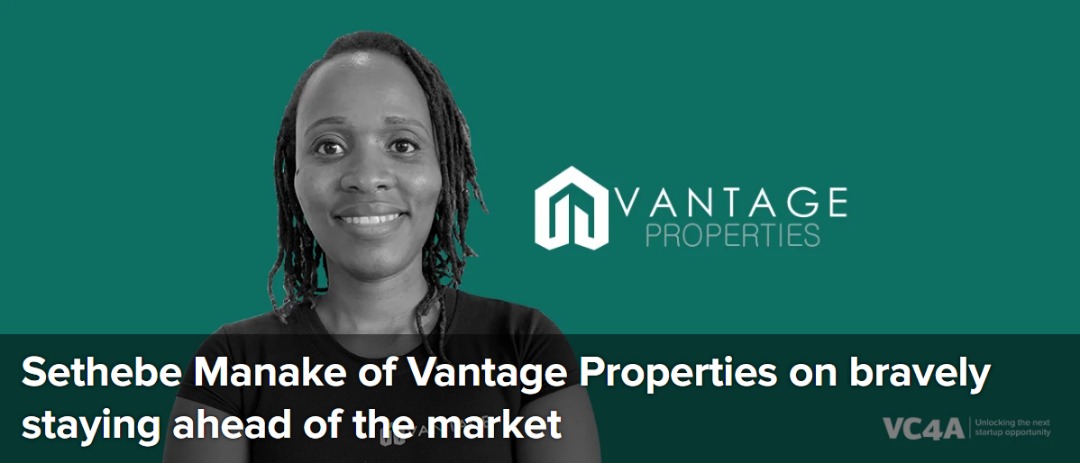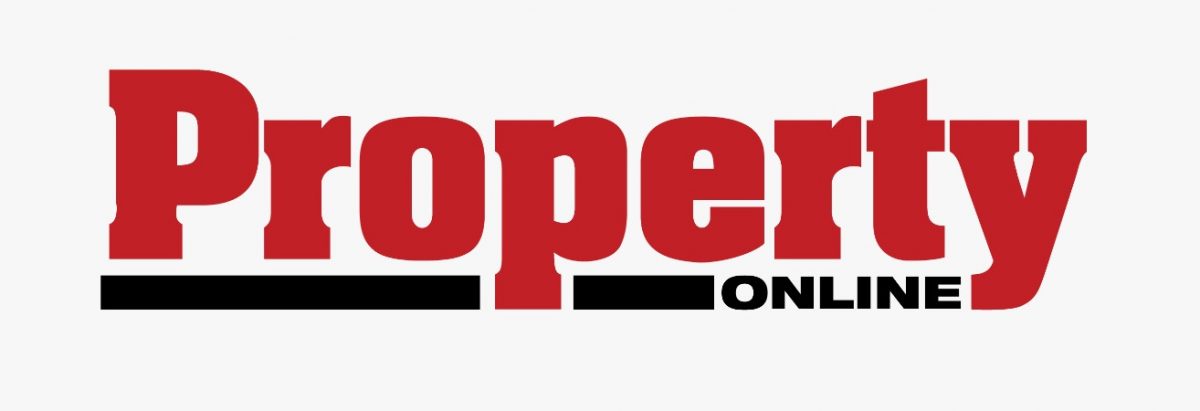The new normal that came with Covid-19 to the business environment has seen drastic changes in two years. But some things will never be changed easily, rather gradually or not at all. The Property and Infrastructure Forum which came in the first quarter of 2022 discussed the future of office in Botswana.
The office space part of real estate remains one of the most important aspects of the property business world, and it is evolving. Offices were left vacant or with limited people during Covid-19 restrictive measures and this did not help the new shift where people are dumping old offices for newer and finer designs.
Quantum Leap Consulting managing director Rorisang Makhema when offering his expert view on the office space said changing work patterns – stimulated by the Covid-19 pandemic – have damped the office real estate sub-sector however it is unclear whether this is a long-term change or a transient one.
During Covid-19 pandemic, a lot uncertainties and distractions happened as people took their offices home. Seeff Properties managing director Kim Bekker said she has observed a shift in the market where people would dump offices their rented, take out a tenant from a residential house they own then adjust their lives to one of their properties while the other becomes a school or an office. She said people then changed perception of how they view life and what is more valuable to them hence the shifts in the market. Bekker observed that in these shifts, the rental houses market dwarfed.
But a big shift happened with people who have been migrating from old offices upgrade to newer ones. In Botswana context, Government of Botswana is a big player in the office sub sector and a lot of millions are used from the national purse to rent office spaces. The Government of Botswana has been leading the migration from old offices to new ones.
“The market for office space remains weak due to increasing supply from completed construction developments, such as the Botswana Unified Revenue Service building at the Gaborone Central Business District (CBD). Furthermore, demand remains weak and uncertain due to COVID-19 and generally subdued business conditions. Despite the negative impact of the pandemic and generalized weaker demand in the second quarter for office space, there has been continued good office enquiries and/or uptake in the CBD and Showgrounds,” said a recent Monetary Policy Report by Bank of Botswana.
The central bank further observed that in the future there is a likelihood of a slowdown in uptake at the CBD, especially if Government institutions remain in their current premises and location. This makes the state a major determinant in the office market.
“In addition, the supply of office space is likely to increase further, given the ongoing construction projects and planned office buildings at the CBD, such as by the Botswana Housing and Water Utilities Corporations. These will further exert downward pressure on rentals, especially in the decentralized office locations,” the central bank further observed.
But then the shift is mostly up to preferences and dealing with technology. In the office grading criteria, there is a Grade A office which has all the touches of recent modernity; technology, all the needed infrastructure and reasonably enough spaces. Grade B offices would be the ones used 10 years ago and lacking the sense of modernity. Grade C are almost white elephants or a turned into something else because they are nearly irrelevant to what this generation demand.
A partner at Apex Properties Maje Maje believes one of the things people are overlooking at older offices is due to their lack of parking area. Few people are commuting to offices these days and many can afford cars hence old offices are irrelevant with today’s population.
While there is a strong suggestion that people have changed the culture of officing and now adapted to work from home, Patrick Katabua, account director, Africa Desk at Cushman & Wakefield | BROLL, is still optimistic that offices are still relevantly used. He said there are small shifts inside offices that impacted working cultures and other aspects.
Katabua who is from the Democratic Republic of Congo is based in Johannesburg, South Africa and mostly specializes on; Commercial Real Estate, Real Estate Appraisal, Outsourcing, and Management Consulting. Among his other roles is to ensure that client’s business strategy is met / enhanced through optimization of real estate.
“Now cooperate occupiers are doing a lot of stuff post Covid-19 like doing savings on consumable which impacted on the culture of the workforce. With these savings came loss of cooperate identity as there is less interaction. The company losses on marketing with diminishing cooperate identity while HR would also fail in mentorship as there is less interaction.
The office days are not yet gone as people are still coming to work, but with a lot of adjustments. There is a need to balance keeping of office environment a bit normal and saving of costs,” said Katabua.



